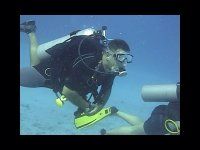-
Posts:
164 -
Thank you received:
2
Please Log in or Create an account to join the conversation.
 Topic Author
Topic Author
Please Log in or Create an account to join the conversation.
 Topic Author
Topic Author
Please Log in or Create an account to join the conversation.
 Topic Author
Topic Author
Please Log in or Create an account to join the conversation.
Please Log in or Create an account to join the conversation.
 Topic Author
Topic Author
Please Log in or Create an account to join the conversation.
